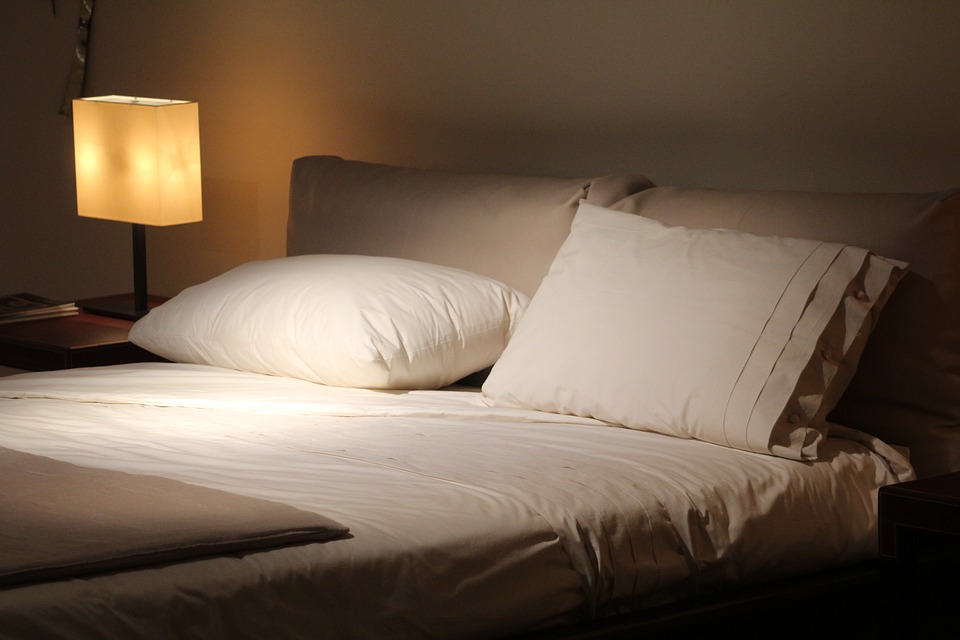
For most of us, it does not come as a surprise that men and women think, behave, and are in many ways fundamentally different from one another. We also know that hormones play a large role in these differences. Now science is beginning to unravel the specifics of how male and female brains function, in large part because of male and female hormones that craft our brain development and orient our behaviors. These differences in brain function and hormones may be the reason why men and women approach apologizing in completely different manners.
Two new studies look at the brain function of men and women and offer some interesting observations regarding the subject. One study is from the University of California in collaboration with the University of New Mexico, led by researcher Richard Haier, a psychology professor at the University of California.
The findings of their study show that generally men have 6.5 times the amount of gray matter relating to general intelligence compared with women. Women on the other hand have nearly 10 times the amount of white matter related to intelligence compared to men. "These findings suggest that human evolution has created two different types of brains designed for equally intelligent behavior," said Haier. But apparently these types of intelligent behaviors manifest differently.
Women apologize more often than men do, according to a new study led by researcher Karina Schumann, a doctoral student in social psychology at the University of Waterloo in Ontario, Canada. It appears it is not that men are reluctant to admit wrongdoing, they simply have a different perception regarding what they feel rises to the level of requiring an apology.
The research team saw no difference in the number of times men and women acted in ways that elicited apologies, but there was a distinct difference in the male and female perception of what constituted a situation that requires an apology.
"Men aren't actively resisting apologizing because they think it will make them appear weak or because they don't want to take responsibility for their actions," says Schumann. "It seems to be that when they think they've done something wrong they [men] do apologize just as frequently as when women think they've done something wrong. It's just that they think they've done fewer things wrong.”
For more information about this topic, you can access a free excerpt from my bestselling book Changing Behavior: Immediately Transform Your Relationships with Easy to Learn Proven Communication Skills by visiting www.changingbehavior.org.
FREE Whole Health Consultations available.
888-354-4325 Take charge of your health!


